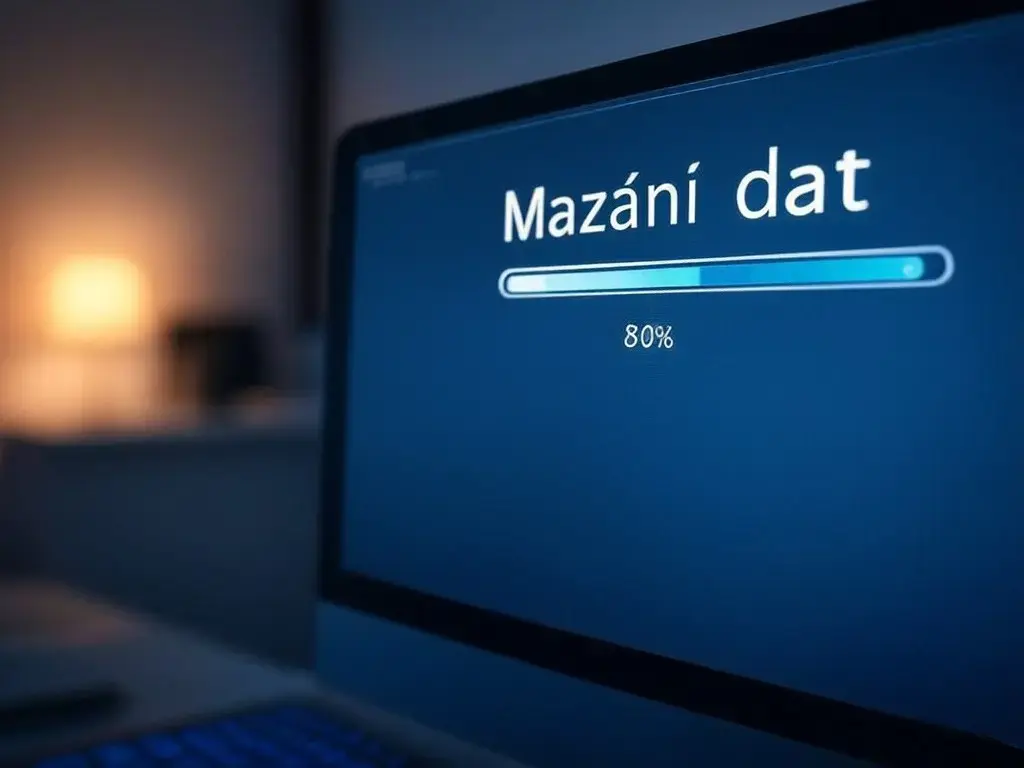
It is possible to encounter situations where unflattering articles or photographs can be found on the internet, and a person may have an interest in having them removed. These are often newspaper articles about criminal acts or other sensitive information that fully identify the person. These original articles might no longer be available, yet search engines may still link to them.
The Grand Chamber of the Court of Justice of the EU, in its judgment of May 13, 2015, in the case of Google Spain SL, Google Inc. v. Agencia Española de Protección de Datos (AEPD) and Mario Costeja González (C-131/12), established the so-called "right to be forgotten." This ruling confirmed that the operator of an internet search engine is considered a data controller for personal data it processes when indexing third-party websites. The court decided that data subjects have the right to request the removal of links to information that is inaccurate, irrelevant, or excessive, a concept known as the "right to be forgotten." The Court of Justice stated that, even if the published information is truthful, certain data may be considered "inappropriate, irrelevant, or no longer relevant" given the purposes for which it was processed and considering the time elapsed since publication.
Based on the above, you can contact search engines with a request to remove sensitive links. If a certain amount of time has passed and the publication of the articles is no longer proportionate, you can seek the removal of such links.
The same principle can reasonably be applied to servers hosting the relevant article.
The situation is simpler if the original articles have already been deleted, but the search engine still links to them. In such cases, the search engine operator no longer has a lawful basis for processing—typically legitimate interest under Article 6(1)(f) GDPR. The search engine operator has no legitimate interest in linking to an already deleted article.
If the server operator refuses to comply with a request to remove an article and is based in the Czech Republic, it is advisable to seek the services of a lawyer. A recent amendment to the attorney tariff (Decree No. 258/2024 Coll.) has increased the tariff value in personal data protection cases from CZK 35,000 to CZK 500,000. In practical terms, this means that if you succeed in a court case against the server operator, your legal representation costs will be reimbursed—amounting to CZK 10,600 (compared to the previous CZK 2,800) for each legal action performed by the lawyer. Such cost reimbursement will, in most cases, cover most or all of the lawyer's fees for representation in this matter.
If you need to delete an article or link from the internet, contact me, and we will discuss the options for achieving this.
Na Zábradlí 1, 110 00 Praha 1
© advokatkubicek.cz. All rights reserved.
Created by Mgr. Tomáš Kubíček and HTML Codex